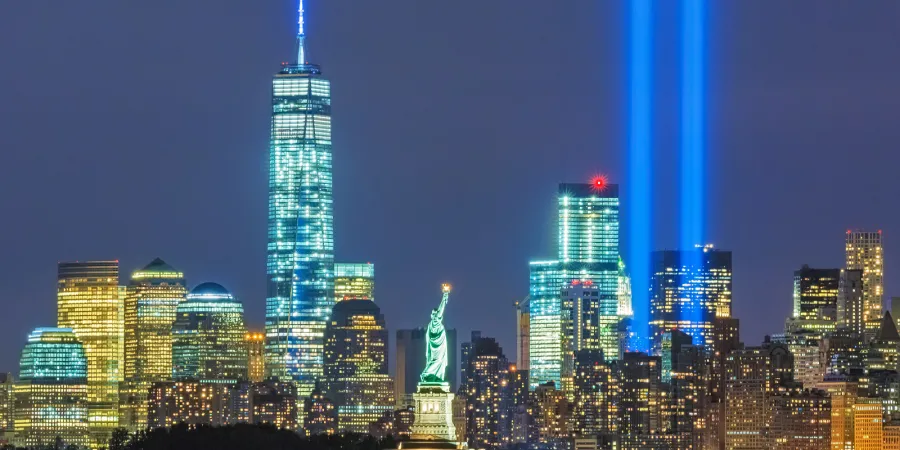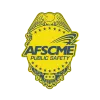This administration is forgetting the sacrifice of 9/11 responders

We promised to “never forget.” In the aftermath of the worst terrorist attack in our nation’s history, we vowed to always remember and honor the sacrifice of those who died from the 9/11 attacks. Many of them, including AFSCME members, died while trying to save lives.
But as we observe the 24th anniversary of the Sept. 11, 2001, attacks, this administration seems to be forgetting that promise.
Over the past eight months, a federal program that facilitates and covers medical treatment for 9/11 first responders has gone underfunded and lost staff. First responders and others who developed illnesses after being exposed to toxic dust, debris and chemicals at the World Trade Center site are having to wait months to obtain medical appointments, leading to delays in life-saving treatment.
The World Trade Center Health Program (WTCHP) provides care to more than 125,000 9/11 survivors, including AFSCME members. It’s administered by the National Institute for Occupational Safety and Health (NIOSH), which has been under attack by the administration. And it’s part of the Centers for Disease Control and Prevention (CDC) in the U.S. Department of Health and Human Services (HHS).
The program serves those who have become ill after getting exposed to the 9/11 disaster areas — Ground Zero, the Pentagon and Shanksville, Pennsylvania. It provides treatment for a range of health problems. That includes burns and fractures people suffered while responding to the terrorist attacks, and the chronic illnesses still plaguing first responders and survivors who were exposed to WTC dust and debris. These ailments include asthma, stomach issues, post-traumatic stress disorder (PTSD), and many types of cancer.
Disappointed lawmakers speak out
Earlier this summer, New York lawmakers wrote to HHS Secretary Robert F. Kennedy Jr., raising concerns about the program’s staffing shortages, frozen research grants and ongoing communication blackouts.
"This is unacceptable," the lawmakers wrote. "Individuals with 9/11-related conditions should not have to rely on repeated uproars from the public and the media to obtain the care they are owed under the law and so desperately need."
In another letter to Kennedy this week, six U.S. senators said the program was failing to evaluate whether additional health conditions should be covered, as it should under its mandate.
“This delay in recognizing new health conditions tied to exposures received at Ground Zero, at Shanksville, and at the Pentagon harms the ability of the first responders who heroically responded to 9/11 to get the health care they need and are entitled to,” the senators wrote.
Also, the federal advisory board created to certify new WTC-related illness (like immune disorders or heart conditions) hasn’t been allowed to convene or communicate since this administration took office.
Labor’s perspective
For months, our union has been warning about the staffing cuts made to the WTCHP and their impact on beneficiaries. Although hundreds of people are applying every month to receive treatment through the program as a result of 9/11-related illnesses, new participant signups have trickled to virtually nothing. This is the direct result of a shortage of staff to certify and authorize people for treatment.
AFSCME members were many of the first responders who rushed into danger at Ground Zero and the Pentagon to save lives. That’s why our union has been an outspoken advocate of the WTCHP and a passionate defender of 9/11 first responders.
As AFSCME President Lee Saunders put it, “‘Never Forget’ means we must continue to honor their service and sacrifice, with actions and not just words.”
At least 600 members of AFL-CIO unions died on 9/11, according to the trade federation, which includes AFSCME.
AFL-CIO President Liz Shuler urged this administration and Congress to observe the 24th anniversary of the attacks by doing three things: Reinstating all NIOSH staff, resuming the WTCHP’s operations, and passing the 9/11 Responder and Survivor Health Funding Correction Act. That bill would provide enough money for the program to serve its purpose.
